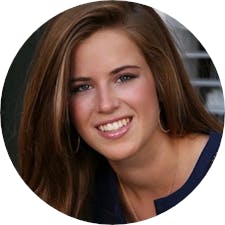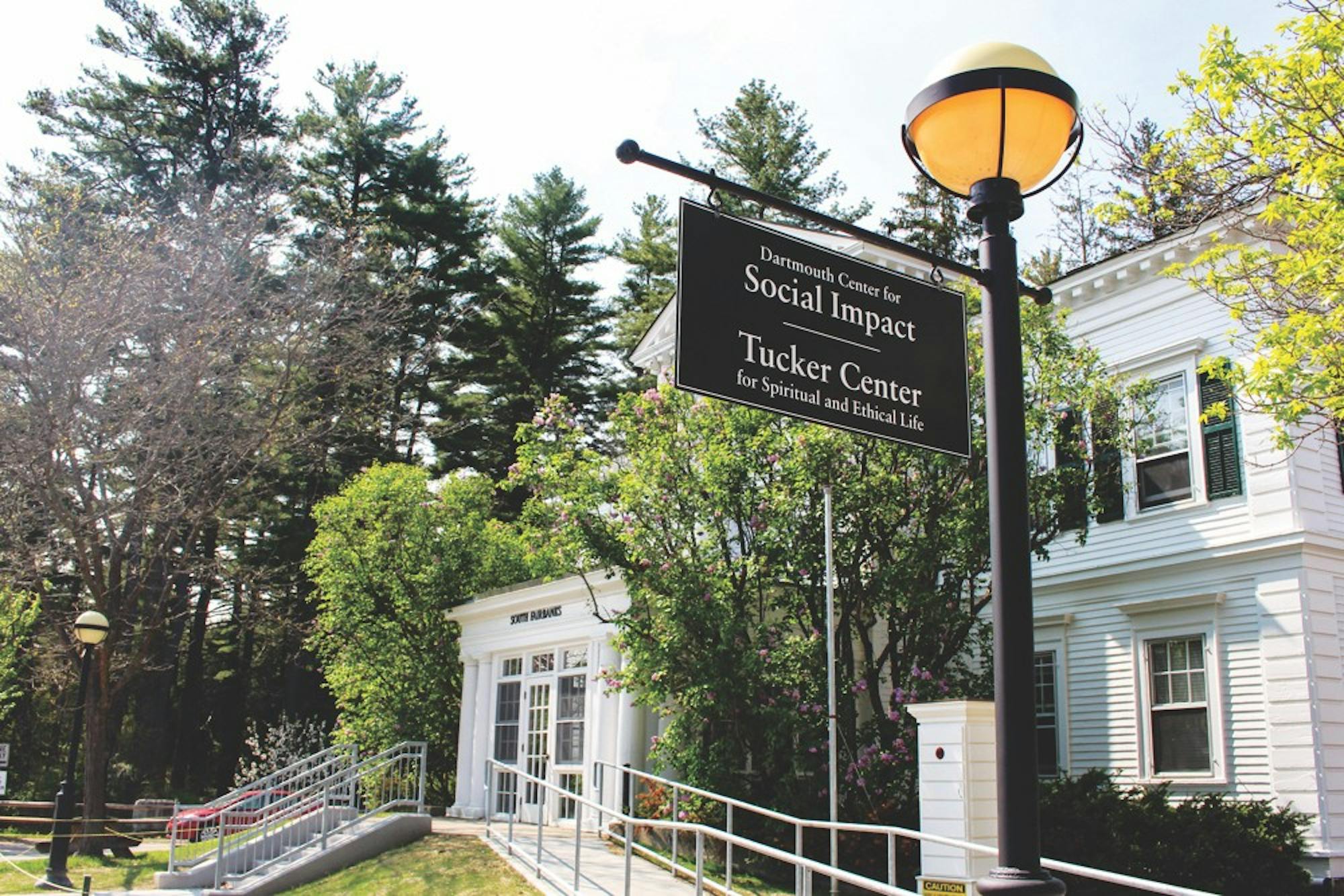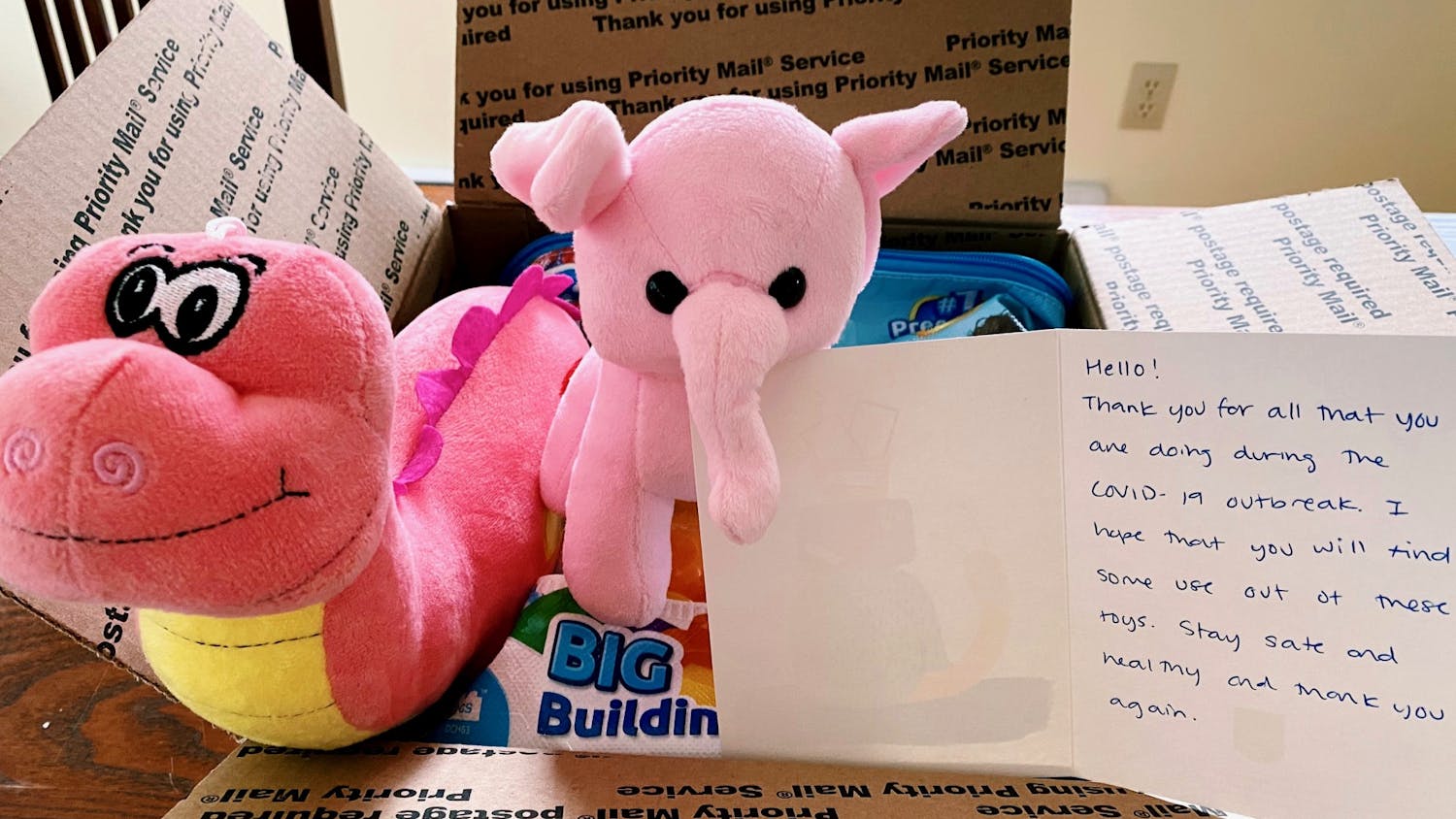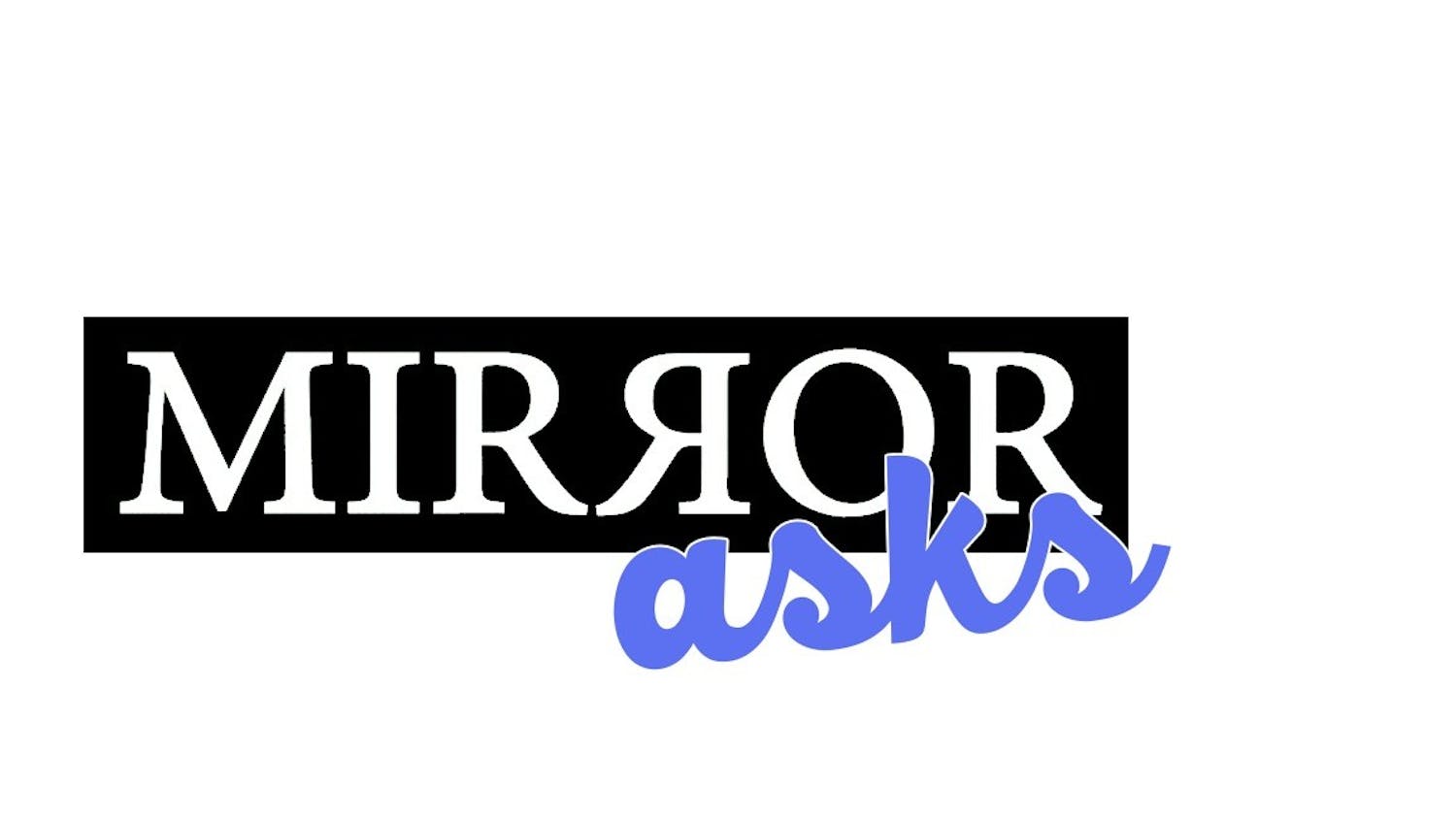This article is featured in the 2020 Commencement special issue.
From diving headfirst into nonprofit work to founding innovative startups, seniors have found creative ways to give back during the COVID-19 pandemic.
Leah Torrey, the assistant director for social sector leadership at the Dartmouth Center for Social Impact, said that she is excited to see the Class of 2020’s talents and skills deployed in the real world.
“This could be a time when we remake things in a way that is more equitable, and I think our nonprofits are on the front lines of really doing that generous, sort of reimagination work,” Torrey said.
Laura Lewin ’20, who received a grant from the DCSI to fund her social impact project as this year’s Olga Gruss Lewin fellow, will spend next year working with Willow Grove, a transitional housing program for women in the early stages of addiction recovery in the Upper Valley. At first, Lewin reached out to Willow Grove as part of research for her senior thesis in sociology.
“The sociological problem of addiction is misunderstood,” Lewin said. “Addicts are probably one of the most stigmatized groups of people, and I wanted to shed light on the human side of addiction.”
Through her thesis work, Lewin found that once women moved out of Willow Grove, it was difficult for them to live without the support system that they enjoyed at the home. With this discovery came an opportunity for Lewin to continue her work with Willow Grove after graduation.
Lewin envisioned creating a post-residential recovery network for former residents to come together and share stories, support each other and highlight their post-recovery struggles and successes. The network could also serve as a reminder of where former residents started and how hard early recovery was, as well as a support system for current residents.
She pitched her idea to the fellowship committee, and they loved it.
Moving forward, Lewin is undeterred by possible implications that COVID-19 might have on her work next year. Instead, she will focus on the pandemic’s impact on recovering addicts, in particular the women at Willow Grove.
“Especially now, with coronavirus, it’s important to focus on helping in any way possible,” Lewin said. “I got probably more excited about doing the fellowship and having a positive impact on this extremely friendly and welcoming community.”
Lewin wants to get her feet on the ground as soon as she can. She plans to pursue a masters degree in social work once her fellowship ends, as she hopes to start practicing as a therapist.
Like Lewin, Shae Wolfe ’20 is eager to make an impact. When Wolfe’s start date as a Peace Corps community health facilitator in Peru was delayed, she quickly switched paths and joined AmeriCorps in order to make an impact on marginalized communities as quickly as possible.
“We are always so proud of our students who choose to do AmeriCorps,” Torrey said. “[The DCSI] focuses on experiential learning, and Shae will learn so much with her experience next year.”
Wolfe will serve in AmeriCorps VISTA for a year after graduation. Afterward, she plans to attend medical school, where she hopes to train to become a pediatrician focusing on adverse childhood experiences such as trauma.
These topics are especially important to Wolfe, a member of the Winnebago Tribe of Nebraska, given the history of health disparities on the Winnebago Reservation.
“I am interested in health care and underserved communities given my own experience living below the poverty line and struggling to access appropriate health care,” Wolfe said. “Especially with the health disparities that exist on my reservation, these topics are really important to me.”
As a member of AmeriCorps VISTA, Wolfe has been paired with a health clinic in Boston that addresses youth substance-abuse prevention. Her focus on substance abuse stems from her mother’s story of recovery from alcoholism. Wolfe’s mother now works at an addiction treatment facility as a health specialist technician, transitioning inmates from prison to rehabilitative homes. Her mother’s work also focuses on easing others’ difficult transition to sobriety.
“I’m proud of my mom for owning her truth and using her path to sobriety to help other people on theirs,” Wolfe said. “That’s why with AmeriCorps, I want to focus on substance-abuse prevention by working with youth, because I think that they’re at a really vulnerable time in their lives.”
Wolfe used her passion for health care access to inform her time at Dartmouth. From pursuing an honors degree in psychology and a minor in global health to working as a student director for the DCSI’s Strengthening Educational Access with Dartmouth program, Wolfe’s commitments as an undergraduate were deeply intentional.
“It makes sense for me to use the privilege I’ve gotten from Dartmouth and the skills that I’ve learned to give back to underserved communities,” Wolfe said.
Another senior who utilized her classroom experiences to make a difference is Amy Guan ’20. However, unlike Wolfe or Lewin, she had not initially planned for social impact work to define the end of her Dartmouth career.
Informed by one of her classes this winter, ECON 77, “Social Entrepreneurship,” Guan and her roommate Rine Uhm ’22 started Give Essential, an online platform that matches essential workers with the items they need. Once they had the idea in place, they ran with it: Guan independently coded the entire site in just 36 hours — a skill she learned from a class on web development.
Give Essential started as more than an opportunity to apply classroom lessons to a real-life setting. For Guan, it has given her agency in a situation that has made many feel powerless.
“I really looked forward to senior spring and planned a lot of Dartmouth ‘lasts.’ But pretty quickly, it was also hard to be sad about losing these things because of this pandemic,” Guan said. “Every day, I would refresh The New York Times and [find] news of something worse. I wanted to take this opportunity to try to come up with something more positive — especially because I now did have the time.”
Give Essential has gotten media attention. I managed to interview Guan 30 minutes before she had an interview for a podcast with Nextshark, an Asian American online publication. Give Essential was also featured on CNN’s “Cuomo Prime Time,” and Jake Tapper ’91 gave them a shoutout on Twitter.
Next year, Guan plans to continue working on Give Essential alongside her full-time job.
Like Give Essential, the MOVID-19 campaign was also born from the need to put purpose behind newfound free time and make change while trapped at home. Seniors Clay Kirwood ’20, James McLaughlin ’20, Nate Stuart ’20 and junior Pete Fucigna ’21 took initiative by repurposing the idea of growing a moustache and donating to charity, which originated from Movember, an organization focused on improving men’s health.
The MOVID-19 campaign raises money for Feeding America, a nonprofit hunger relief organization that offers 10 meals for every one dollar donated. Feeding America operates 200 food banks nationwide — and many food banks are struggling to keep up with the high demand caused by the COVID-19 pandemic. The MOVID-19 campaign’s Instagram encourages followers to post a selfie of their facial hair and then donate to the campaign’s Venmo or GoFundMe. So far, MOVID-19 has provided 220,000 meals for those in need.
Kirwood, McLaughlin, Stuart and Fucigna added that their campaign is an empowering way for people to stay home, look a little less presentable and feel comfortable with that. Furthermore, the MOVID-19 campaign helped its creators cope with the loss of their final moments as undergraduates at Dartmouth.
“[MOVID-19] was bred out of a terrible situation that felt like it was going to be an indelible black stain on our Dartmouth experiences. When we were in that immediate shock of loss, I think what MOVID-19 did was give us something to be optimistic about,” McLaughlin said.
More than that, MOVID-19 gave its founders a preview of how strong the Dartmouth community remains even after leaving campus.
“It really brought out a lot about the Dartmouth community, about what makes it special and about what makes it something that exists as something more than the Green, your classrooms or your frat house,” McLaughlin added.
Drawing from thesis research, classroom instruction and personal experiences, the Class of 2020 has already been resourceful with their Dartmouth experience and education when enacting social change during the pandemic. Torrey’s sentiment resonates with all of us as we say goodbye to the Class of 2020:
“It’s always sad to graduate a class of seniors because we miss them, but at the same time, we are so excited that the world gets to experience them in the way that we did.”
Wolfe is a former member of The Dartmouth staff.





